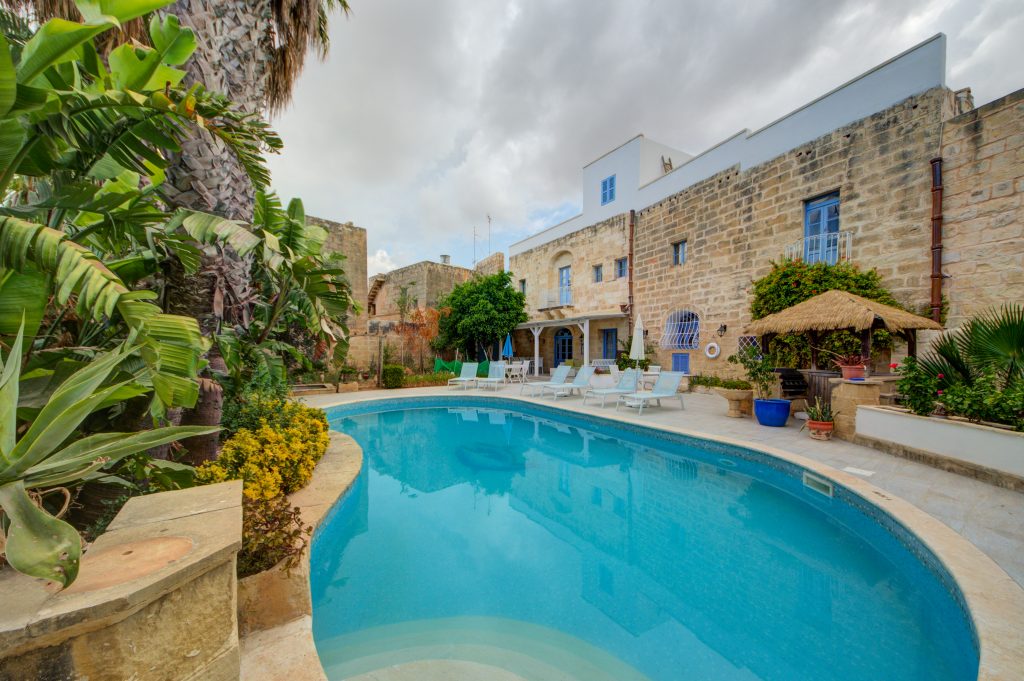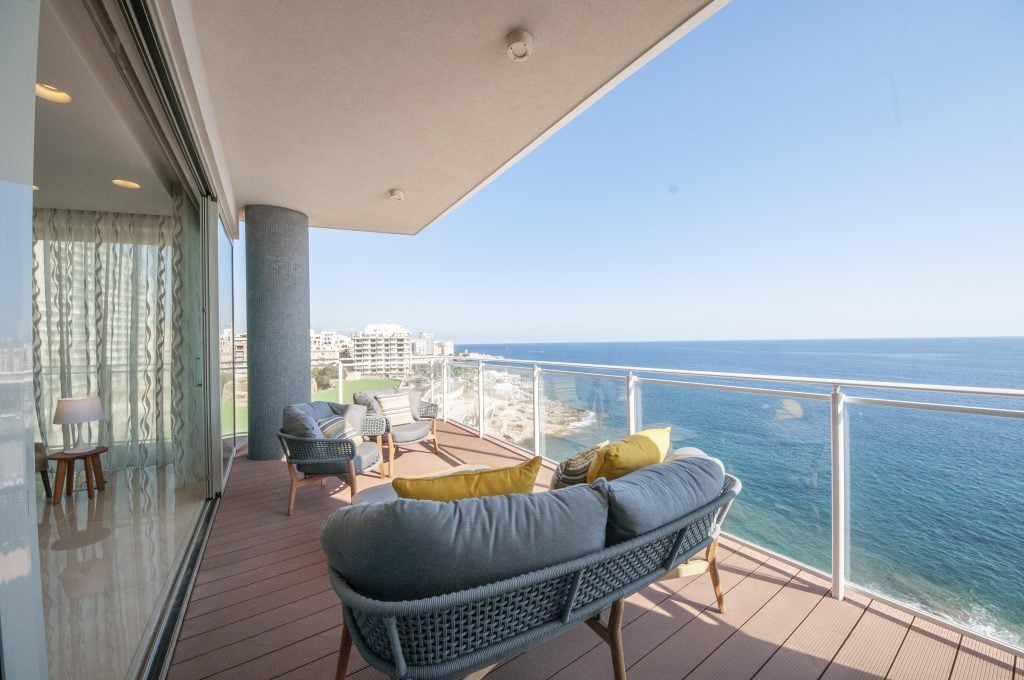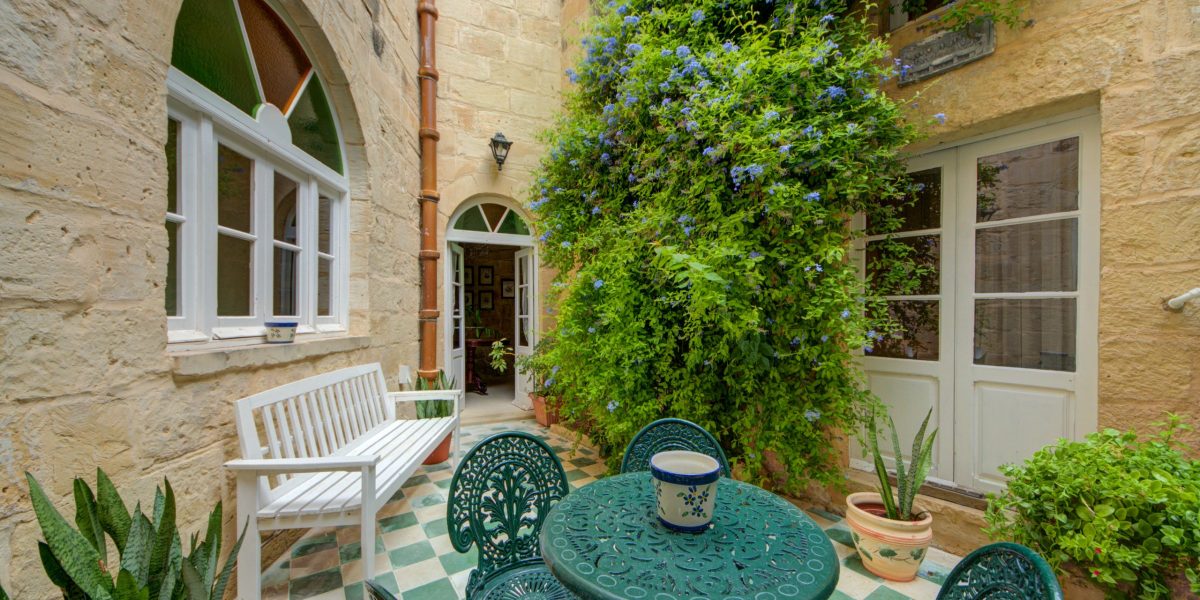First-Time Buyers
Second Time Buyer
Rental Investments
Commercial
Properties in Italy
Renting
Residence & Citizen Programmes
Foreign Buyers
Selling Your Property
Property Development




Malta has emerged as a prominent beacon of opportunity for investors and discerning homebuyers, thereby proving that it is far more than just a place to live. The strategic location of this island nation, bridging the continents of Europe and Africa, not only ensures its significance on the global map but it has also proven and amplified its appeal as an excellent real estate investment destination. The Maltese real estate market, characterised by its robustness and resilience, presents a wide array of properties ranging from luxurious seafront villas to charming traditional townhouses, catering to a spectrum of preferences and budgets. Coupled with attractive residency programs and a stable, growing economy, buying real estate in Malta is not merely a purchase; it’s a prudent lifestyle investment. We look at the conditions surrounding the purchase of property by non-residents, the process and what you can expect when you think it is time take this important step.
Acquiring property in Malta is a dream come true for many investors, not only because of the location, but also because the property market on the islands delivers good return on investments in the long term. Buying property in Malta is an uncomplicated process, but foreigners that have lived in Malta for 5 years or less or are simply interested in buying a holiday home, need to acquire an AIP permit when buying a property.
Individuals who have not resided in Malta continuously for at least five years need an AIP (Acquisition of Immovable Property) Permit to buy a property outside a Special Designated Area. This permit allows you to purchase only one property, which cannot be rented out. However, within Special Designated Areas, you can buy multiple properties and rent them out without needing an AIP permit.
Though Maltese citizens face no restrictions, non-residents and non-EU nationals require an AIP permit, except in the following cases:
In cases where one spouse is an EU citizen, both can benefit as outlined above if the property is their main residence.
Properties intended for business use or rental must reflect this in the Contract of Purchase.
Special note: Non-EU nationals and non-residents must obtain an AIP permit and are limited to buying a single property for use as a primary residence or holiday home, which cannot be rented out. As said, no AIP permit is needed for purchases in Special Designated Areas, where multiple properties can be bought and rented out by non-residents.
After your application has been submitted and approval has been granted, AIP permits are issued within 35 days and cost €233.
The minimum purchase value for AIP properties is periodically updated; currently, it stands at €174,274 for apartments and maisonettes and €300,619 for the purchase of any other immovable property. These values may differ in Southern Malta and Gozo. Consult your Notary for the latest applicable figures. Note that purchasing a shell apartment below these values is permissible, provided it is valued above the minimum requirement after completion.
To buy another property that is located outside Special Designated Areas, you must first sell your current property.
If you are a foreigner buying property in Malta, it’s always wise to have a local, qualified estate agent by your side from a reputable company. They will assist not only in finding your dream home but also in navigating the entire process: from initial viewings to ownership. Agents liaise with buyers, sellers, notaries, banks, handle the legal processes, deal with the deeds office and more, ensuring a smooth and hassle-free experience.

We look in a nutshell what the process entails. All of the steps will be explained in more detail later in this guide:
Malta offers something for everyone and you will truly be spoilt for choice. You can choose from apartments, penthouses, terraced houses, farmhouses, townhouses, maisonettes, palaces (palazzo), bungalows and villas to studio apartments and more.
The home of your dreams can be located in a cosmopolitan setting, in the countryside, on a cliff edge or in a quiet and quaint alley in one of Malta or Gozo’s historic and ancient villages. Then there are yacht marina and harbour locations, hilltop citadels and even homes in UNESCO World Heritage Sites such as Valletta.
Before you start your search, which is most likely conducted online while you are still abroad, deciding on a budget and location is crucial. Remember to reserve some funds for contingencies, as there are always additional costs on top of the property’s purchase price. To understand these costs in detail and if there are any savings to be had, consult with your appointed estate agent in Malta. Assess your current income and expenses to ensure you have sufficient funds for your new potential home.
Once you have a solid idea of all the costs involved, you will have a clear understanding of what you can afford to buy. Always clearly communicate your preferences, including the number of bedrooms, parking needs, renovation willingness, property type and proximity to essential services. Be realistic about your needs and priorities.

Selecting an estate agent with a good reputation is vital. Since 2021, all estate agents in Malta must be qualified, licensed, and registered. Local agents understand the properties, prices, locations and laws. This will ensure that you experience a problem-free buying process.
Frank Salt Real Estate, established over 55 years ago, has helped countless foreign buyers find a home in Malta. As the country’s largest and most trusted real estate group, we offer expertise, professionalism and a wide range of properties to suit all needs and budgets. Our agents will guide you through the legal process, negotiate the best deals and make your experience all the more rewarding.
This means that you do not even have to be in Malta when the whole purchasing process kicks off. You can also decide to give your agent or notary Power of Attorney so they can sign documents on your behalf which may be needed to speed the process up without the need for you to be in Malta each time something needs signing. In all cases, the documentation will be presented to you for approval beforehand.
While some buyers may purchase properties sight unseen due to fear of missing out on their ideal home, this approach is not recommended. Always plan a trip to Malta to see the property and its surroundings and assess whether it suits your lifestyle. A personal on-site inspection of a property has saved many a buyer from potential disappointment. You should never solely rely on an agent’s choice, as ultimately, you are the one who will live in the home for years to come.
The importance of “location, location, location” can’t be overstated. Consider a property’s proximity to transport, schools, shops, healthcare facilities; then there are the local demographics, possible noise levels and accessibility. If you are unfamiliar with Malta and its towns and villages, it is very important to schedule a personal visit first in order to come to grips with the different localities and lifestyles on offer. Living at the coast in a metropolitan area on Malta is very different to living in the countryside on Gozo for example. Once again, appointing a local agent will help you fast track finding the perfect home, as they know the islands best.
Newly-built properties often appeal to foreign buyers for the simple reason that you know you get something that will require less maintenance and will be under guarantee for some years. You can often save up to 10% when purchasing off-plan and these projects are typically completed within 24 months. This also means that you will only pay the final and full settlement upon completion of the project, allowing you more time. More great news is that property developers in Malta are often more amenable to negotiating excellent deals, so if you’re able to wait after placing a deposit, this could be a good option.
With pre-owned properties, commonly referred to as resales, the advantage is that you know what you’re purchasing. You can physically inspect the property, identify any defects, and ask questions of neighbours or tenants. Many prefer this method of buying, as it doesn’t require envisioning a property that only exists on paper: what you see is what you get.
Firstly, congratulations on finding your ideal property from a likely extensive range of options. Here’s what to do next:
NOW, IT’S TIME TO MAKE AN OFFER!
Submit this in writing to your agent, who will liaise with the vendor or their representatives on your behalf.

So you made an offer and it was accepted by the vendor. Your next steps will be:
NOTE: If feasible, request that the property be taken off the market to secure your purchase, especially if your offer depends on a bank loan. Understandably, sellers may hesitate if a loan is involved. Therefore, expedite your loan application with your chosen bank as swiftly as possible.
Before signing the Konvenju, confirm the following:
A promise of sale agreement is typically valid for three months, a duration you should discuss with the vendor and the bank (if applying for a home loan).
The deposit is generally held by the notary until the final contract is signed and is forfeited to the vendor if the purchaser fails to appear at the final deed signing without a legally valid reason.
A notary will:

Once the property is confirmed to be in good standing, the process moves to the final ownership transfer stage. You will:
Once all payments have been made and both parties have fulfilled their respective obligations as outlined in the agreements or contracts, the property will legally be transferred into your name, and you will officially take ownership upon receiving the keys.
As a buyer, it’s crucial to receive the property’s Energy Compliance Certificate on the date of entering the Contract of Sale.
If so, have a look at one of the Malta Residence Programmes. We will be able to assist you in finding the best option for you and your family.
Foreign buyers are our speciality at Frank Salt Real Estate. We have been assisting expats for more than 55 years in finding the perfect property to buy and we are there when you decide it is time to sell. We are Malta’s oldest and biggest family-owned and managed real estate company and with 16 branches nationwide, we are only a phone call away.
Disclaimer: The information contained in this website is for general information purposes only. While we endeavour to keep the information up to date and correct, we make no representations or warranties of any kind, about the accuracy, reliability or availability with respect to the website or the information, products, or services contained on the website for any purpose.
 ×
×
We have sent email to [email protected] to confirm the validity of your email address.

